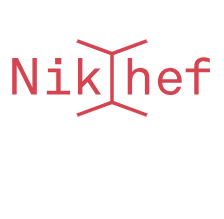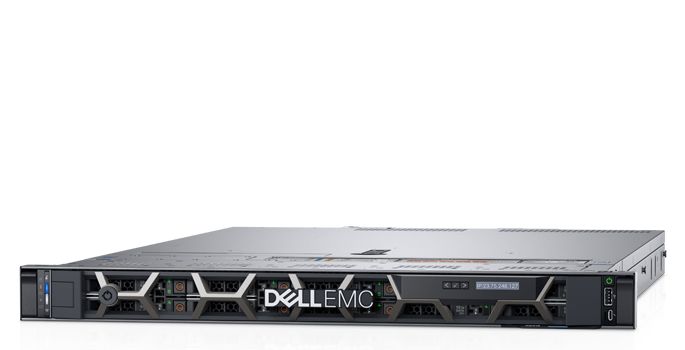The Nikhef National Institutee for Subatomic Physics in Amsterdam has expanded its data center with a cluster of powerful Dell EMC PowerEdge R6415 servers powered by the AMD EPYC processor.
The institute, a partnership of The Netherlands Organisation for Scientific Research (NWO) and five Dutch universities, conducts research into the elementary building blocks of our universe, their mutual forces and the structure of space and time. The 175 scientists from Nikhef are working on large international experiments, such as the particle accelerator at CERN, the “Large Hadron Collider.” These projects generate huge amounts of raw data. The efficient processing and analysis of this data flow requires enormous computing power.
The Nikhef team – made up of theoretical and experimental scientists, engineers and instrument makers – are looking for answers to the great main physics questions of our time. In this way, the institute contributes to the realization of technologies and instruments for the experiments of tomorrow and the social applications that extend from them. Particle physics was important for the development of the internet, GPS navigation, advanced sensor technology and medical imaging techniques.
The data streams generated by our projects are enormous and will continue to grow in volume and complexity in the coming years,” said Tristan Suerink, IT architect at Nikhef. “Analysis and understanding of these Petabytes of data places very high demands on the computing capacity of our data center. In our activities, the availability of computing power is a crucial factor. It is a continuous challenge to optimize the CPU and the system design of the servers in our datacenter. This is why we are always looking for the most efficient computing power with the best ratio of performance and budget. The innovative design of the Dell EMC PowerEdge R6415 servers with the AMD EPYC processor fits perfectly with our needs. The combination of the powerful AMD EPYC processors and the excellent support from Dell EMC offers the pure computing power that our scientists expect. In this way, we can further strengthen our international position.”
 Nikhef pioneered the optimization of data centers and computing power. The organization has extensive data center knowledge and experience. Dell EMC offered Nikhef access to a demo unit to extensively test and streamline the new servers. A single socket server with the EPYC architecture with 32 cores offered the best price for performance ratio. The choice for single socket ensures that all of the servers’ computing capacity is available for data analysis. This approach can be up to 20 percent more efficient than dual socket systems. Suerink added, “More effective computing power means that scientists can analyze more quickly and ultimately do more research.”
Nikhef pioneered the optimization of data centers and computing power. The organization has extensive data center knowledge and experience. Dell EMC offered Nikhef access to a demo unit to extensively test and streamline the new servers. A single socket server with the EPYC architecture with 32 cores offered the best price for performance ratio. The choice for single socket ensures that all of the servers’ computing capacity is available for data analysis. This approach can be up to 20 percent more efficient than dual socket systems. Suerink added, “More effective computing power means that scientists can analyze more quickly and ultimately do more research.”
Universities in this partnership include: Radboud University, University of Groningen, University of Amsterdam, Utrecht University and VU University Amsterdam.




